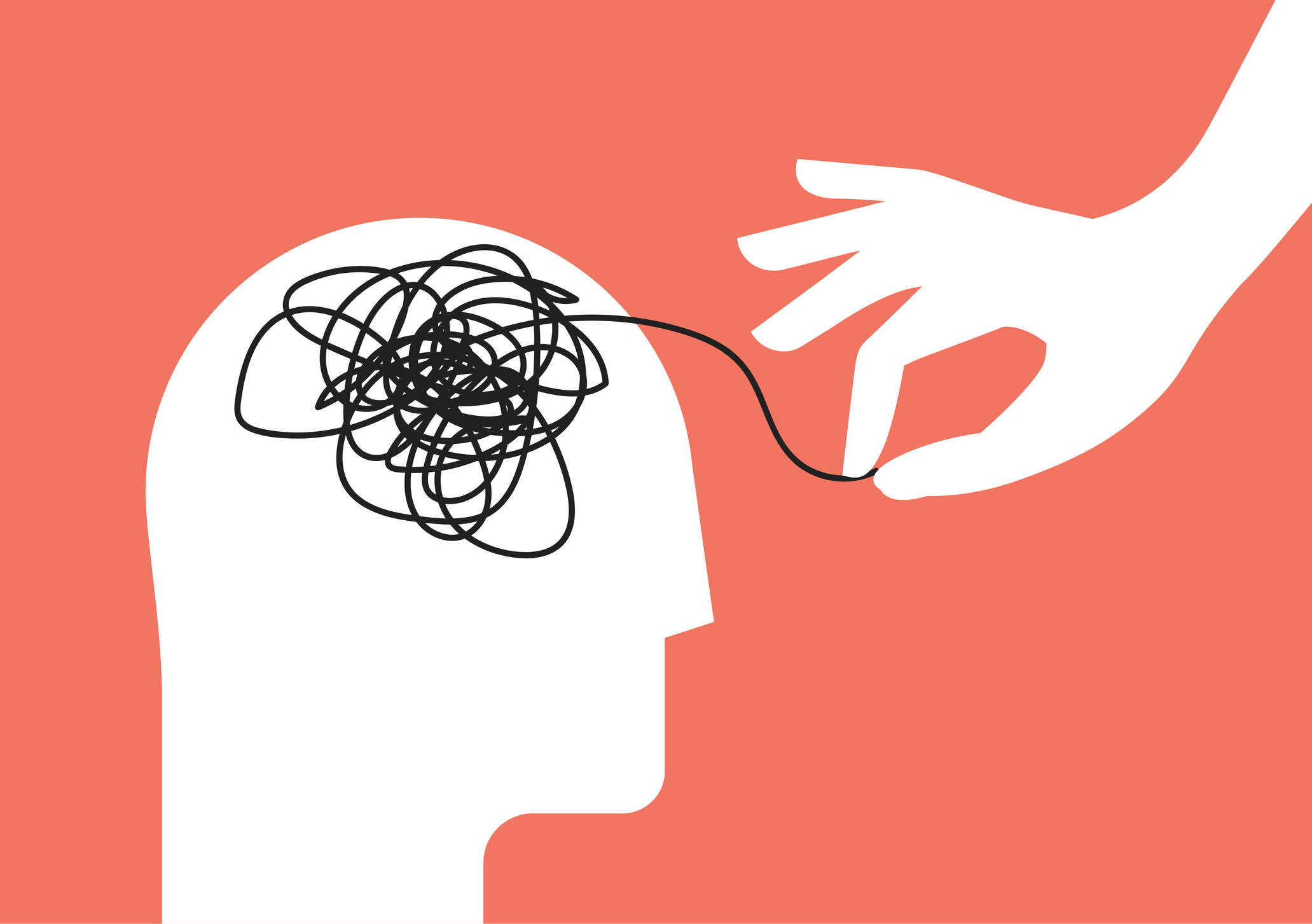Somewhere around middle age, adults might start noticing they struggle to retrieve certain words in conversation and worry that they may be suffering from cognitive decline and memory loss. But recent research suggests that this problem is often a result of “memory clutter” rather than a sign of a brain health concern.
According to a recent Everything Zoomer Health post, a study by the Rotman Research Institute of Baycrest Health Sciences published in the journal Trends in Cognitive Sciences found that years of absorbing and storing information can lead to memory lapses among older adults. Seniors often have trouble recalling a word or memory, especially under pressure, but the issue can frequently be attributed to the vast amount of data the brain has accumulated over a lifetime rather than a sign of a serious cognitive problem.
Information overload in an aging brain can disrupt the ability to quickly retrieve a word or memory. With so much knowledge and experience stored in the mind, external memory triggers can distract from the task at hand. If you have ever walked into a room and forgot what you came in for, you are familiar with the phenomenon.
A review of behavioral studies found that younger adults suppress irrelevant information while older adults tend to store more trivial data that is enmeshed with specific memories, making it more difficult for elders to retrieve a target memory amid so many distractions.
The Good News
Although older adults may occasionally lose their train of thought or misplace a certain word, they also have a wealth of experience and information to draw from that can help solve problems and spark creativity. Older brains are better at using accumulated knowledge combined with new information to inform important decisions while younger people tend to rely solely on new knowledge. Small memory lapses and trips down memory lane can, however, lead younger adults to dismiss their elders’ contributions and become impatient.
Study authors believe the research could lead to the discovery of new ways to help older adults improve their memory and ability to learn.






Add Your Voice
0 Comments
Join the Discussion